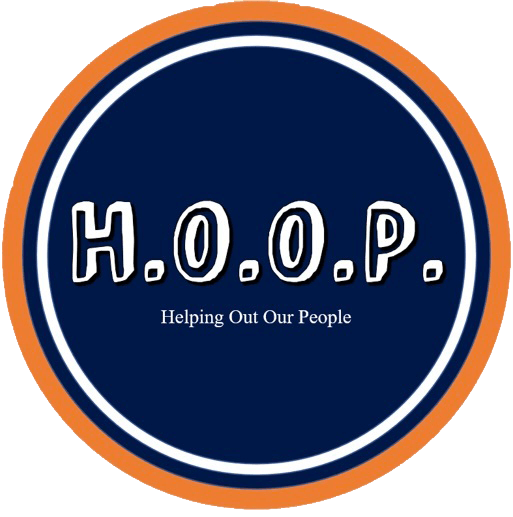In the aftermath of a tragic incident involving gun violence, families are left grappling with profound grief and trauma that can be overwhelming. Beyond the immediate physical impact, the emotional scars run deep, affecting the very fabric of communities. Recognizing the unique challenges faced by these families, community grief and trauma support programs have emerged as beacons of hope, offering solace, understanding, and a path toward healing.
Understanding the Impact:
The impact of gun violence extends far beyond the immediate victims. Families left behind often face a complex web of emotions, ranging from shock and disbelief to anger, guilt, and profound sadness. Children, in particular, may struggle to comprehend the magnitude of the loss, leading to long-term emotional and psychological challenges. Recognizing the need for tailored support, community-based initiatives are stepping up to provide compassionate care for those navigating the difficult journey of grief and trauma.
Key Components of Community Support:
- Safe Spaces for Expression: Creating safe and non-judgmental spaces for affected families to express their emotions is a crucial first step. Support groups and counseling sessions offer a platform where individuals can share their experiences, fears, and hopes without fear of stigma.
- Counseling and Therapeutic Services: Professional counseling and therapeutic services play a vital role in helping families cope with the emotional aftermath of gun violence. Trained therapists provide a confidential and supportive environment, assisting individuals in processing their grief and developing coping mechanisms.
- Educational Resources: Many community support programs offer educational resources to help families understand the grieving process and navigate the challenges that may arise. This includes information on the psychological impacts of trauma and guidance on how to support children who may be struggling to cope.
- Community Outreach and Networking: Building a sense of community and connection is integral to the healing process. Support programs often facilitate networking opportunities for affected families, allowing them to connect with others who share similar experiences. This sense of unity helps combat feelings of isolation.
- Holistic Healing Approaches: Holistic approaches, including activities like art therapy, yoga, and mindfulness exercises, are increasingly incorporated into grief and trauma support programs. These activities provide alternative avenues for expression and can contribute to overall well-being.
- Advocacy for Policy Change: Some community support initiatives extend their reach beyond individual healing to advocate for policy changes aimed at preventing future incidents of gun violence. By channeling grief into constructive action, families find a sense of purpose and the potential for positive change.
The Role of Communities in Healing:
Communities play a pivotal role in the healing process for families affected by gun violence. Through fostering empathy, understanding, and a commitment to supporting those in need, neighborhoods can become pillars of strength. By actively participating in community-driven initiatives, individuals contribute to the collective healing of the broader community and contribute to breaking the cycle of violence.
Conclusion:
Community grief and trauma support programs are lifelines for families navigating the aftermath of gun violence. By providing a compassionate and comprehensive framework for healing, these initiatives empower individuals to rebuild their lives, find strength in solidarity, and, ultimately, transform their pain into a beacon of hope for others. In the face of adversity, these programs illuminate the resilience of the human spirit and the potential for communities to come together in the pursuit of healing.





